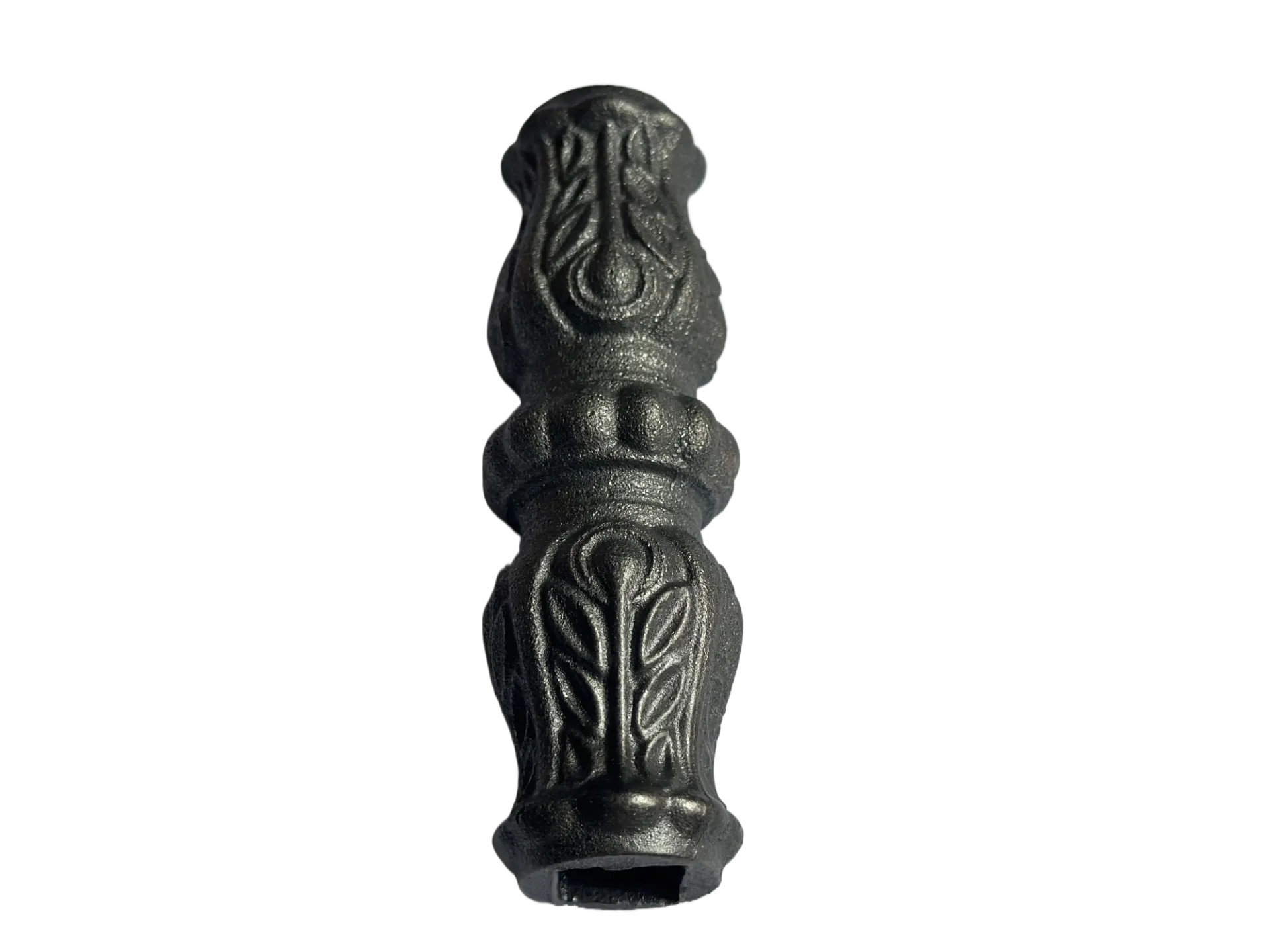aluminium roller track
The Versatility of Aluminium Roller Tracks in Modern Applications
Aluminium roller tracks are a cutting-edge solution that finds applications across various industries due to their lightweight, durable, and corrosion-resistant properties. These tracks enable smooth and efficient movement of goods, components, and materials, making them essential in manufacturing, warehousing, and logistics. This article will explore the myriad benefits of aluminium roller tracks, their applications, and why they have become a preferred choice in many sectors.
Key Benefits of Aluminium Roller Tracks
1. Lightweight Yet Strong One of the primary benefits of aluminium roller tracks is their lightweight nature. Aluminium is significantly lighter than steel, yet it possesses a high strength-to-weight ratio. This characteristic makes it easier to handle and install, reducing labor costs and improving operational efficiency in environments where speed and agility are paramount.
2. Corrosion Resistance Aluminium naturally forms a protective oxide layer when exposed to the environment, making it resistant to corrosion. This makes aluminium roller tracks particularly suitable for industries that require sanitation and cleanliness, such as food and pharmaceuticals. Unlike steel tracks, which can rust and degrade over time, aluminium tracks maintain their integrity and appearance even in challenging environments.
3. Low Maintenance The durability and corrosion resistance of aluminium roller tracks translate to reduced maintenance requirements. Businesses can save on costs associated with repairs and replacements over time. Occasional cleaning and inspection are usually sufficient to keep the tracks in optimal condition, allowing more focus on core operational activities.
4. Versatility in Design Aluminium can be easily extruded and fabricated into various shapes and sizes, making it suitable for a wide range of applications. Roller tracks can be customized to fit specific operational needs, whether it’s a straight-run system for linear movement or a complex layout for a conveyor system. This adaptability allows businesses to maximize efficiency and flow.
aluminium roller track

Applications of Aluminium Roller Tracks
- Manufacturing In manufacturing environments, particularly in assembly lines, aluminium roller tracks facilitate the movement of components and products from one station to another. This enhances efficiency and productivity, minimizing downtime. The tracks can be designed to accommodate heavy loads while maintaining smooth operation.
- Warehousing and Logistics Aluminium roller tracks play a crucial role in warehouses and distribution centers. They are integral to conveyor systems that transport goods to and from storage areas. These systems help optimize space and improve order fulfillment times by enabling swift and safe handling of products.
- Automotive Industry The automotive sector also benefits from aluminium roller tracks for the movement of parts during assembly processes. These tracks provide a reliable solution that supports heavy and delicate components, ensuring they are transported without risk of damage.
- Food and Beverage Industry In food processing and packaging, hygiene is paramount. Aluminium’s corrosion resistance and non-reactive properties make these tracks ideal for environments that need to comply with strict cleanliness regulations.
Conclusion
Aluminium roller tracks represent an innovative solution that enhances efficiency and effectiveness across a variety of industries. Their lightweight nature, durability, and resistance to corrosion make them an attractive option for businesses aiming to improve their operational workflows. As industries continue to evolve, the demand for efficient material handling solutions will only increase, solidifying the role of aluminium roller tracks as a vital component in modern manufacturing, logistics, and beyond. By adopting aluminium roller tracks, companies can ensure they are well-equipped to meet future operational challenges, all while adhering to safety and performance standards.
-
Wrought Iron Components: Timeless Elegance and Structural StrengthNewsJul.28,2025
-
Window Hardware Essentials: Rollers, Handles, and Locking SolutionsNewsJul.28,2025
-
Small Agricultural Processing Machines: Corn Threshers, Cassava Chippers, Grain Peelers & Chaff CuttersNewsJul.28,2025
-
Sliding Rollers: Smooth, Silent, and Built to LastNewsJul.28,2025
-
Cast Iron Stoves: Timeless Heating with Modern EfficiencyNewsJul.28,2025
-
Cast Iron Pipe and Fitting: Durable, Fire-Resistant Solutions for Plumbing and DrainageNewsJul.28,2025
-
 Wrought Iron Components: Timeless Elegance and Structural StrengthJul-28-2025Wrought Iron Components: Timeless Elegance and Structural Strength
Wrought Iron Components: Timeless Elegance and Structural StrengthJul-28-2025Wrought Iron Components: Timeless Elegance and Structural Strength -
 Window Hardware Essentials: Rollers, Handles, and Locking SolutionsJul-28-2025Window Hardware Essentials: Rollers, Handles, and Locking Solutions
Window Hardware Essentials: Rollers, Handles, and Locking SolutionsJul-28-2025Window Hardware Essentials: Rollers, Handles, and Locking Solutions -
 Small Agricultural Processing Machines: Corn Threshers, Cassava Chippers, Grain Peelers & Chaff CuttersJul-28-2025Small Agricultural Processing Machines: Corn Threshers, Cassava Chippers, Grain Peelers & Chaff Cutters
Small Agricultural Processing Machines: Corn Threshers, Cassava Chippers, Grain Peelers & Chaff CuttersJul-28-2025Small Agricultural Processing Machines: Corn Threshers, Cassava Chippers, Grain Peelers & Chaff Cutters












